Vaccines have come a long way since the “father of vaccines” Edward Jenner first successfully developed a smallpox vaccine in 1796. It wasn’t until the mid to late 1940s that the smallpox vaccine and a vaccine to prevent diphtheria, tetanus, and pertussis were mass-produced. By the late 1960s, vaccines for polio, measles, mumps, and rubella were also developed and distributed. Vaccines have improved over the years as new studies and developments revealed the need for changes.
As happy as people were to finally have protection against some of the world’s most devastating illnesses, many became concerned about the safety of vaccines.
Patients began to express concern about the possible adverse effects of vaccines and some claimed that they or someone they knew had become injured or ill after being inoculated. By the time the 1970s rolled around, demand for better regulation on vaccines surged. Citizens also wanted more understanding and transparency on vaccine safety.
The US’s Response to the Demand for Better Vaccine Safety
The demand for better vaccine safety resulted in the National Childhood Vaccine Injury Act (NCVIA). The NCVIA established several programs and regulations for physicians and government agencies to protect patients and provide education about vaccines and their safety. Programs and regulations established as a result of the NCVIA include:
- The founding of the National Vaccine Program Office (NVPC). The NVPC coordinates all vaccine-related activities between Department of Human Services (DHS) agencies, the Centers for Disease Control (CDC), the National Institute of Health (NIH), and the Health Resources and Services Administration (HRSA).
- The requirement of physicians and healthcare providers who administer vaccines to provide vaccine information statements with each and every vaccine. This requirement is included for multiple doses of vaccines, which means you should receive one of these statements every time you get an immunization, even if it’s a second or third required dose.
- The requirement of providers and physicians to report any adverse events occurring in patients following inoculation. This is required even if the provider is unsure that the adverse event and the vaccine administration are related.
- The establishment of the National Vaccine Injury Compensation Program, which helps patients and their families after having an adverse reaction or event due to a vaccine.
- The formation of a committee within the Institute of Medicine that reviews the literature on vaccine reactions.
Improvements of Vaccines Through the Years
All vaccines, even the oldest vaccines, continued to be studied for safety and efficacy. These continued studies have resulted in changes and improvements to vaccines over the years. The first major change occurred with the introduction of a new, more purified acellular pertussis vaccine (DTaP). The DTaP vaccine replaced the original whole pertussis vaccine for diphtheria, tetanus, and pertussis. This new version of the vaccine was proven to be more effective in preventing illnesses and had fewer mild and severe side effects.
Another big change that improved the safety of a vaccine was the changes in when the vaccine is scheduled to be administered. These changes resulted in fewer reported adverse events following inoculation. The first change established a schedule that included sequential administration of an inactivated vaccine and an oral polio vaccine. Later, it was found that the inactivated polio vaccine had better prevention results and fewer side effects. The inactivated polio vaccine is the only type of polio vaccine administered today.
It’s important to know that all vaccines go through intense research and development phases that include multiple small and large study trials before they are considered for approval by the Food and Drug Administration (FDA) and the Advisory Committee on Immunization Practices (ACIP). Once vaccines are licensed by the FDA, the ACIP must review and establish recommendations on how to use the vaccine for disease control in the United States.
Vaccines have saved many lives and prevented many severe illnesses since their inception centuries ago. As you can see, approved vaccines must go through a rigorous process before they are ever considered for the open market. Even vaccines against acute illnesses like the flu and covid-19 must go through this process.
We hope today’s article helps you understand vaccines and the safety of vaccines better. Vaccines are developed for your protection and we want you to feel safe about getting inoculated yourself or having your children vaccinated. Your Mantachie Rural Healthcare provider is an excellent source of information regarding vaccines. To learn more about vaccines or to schedule yourself or your children for a vaccine, call us at 662-282-4226.
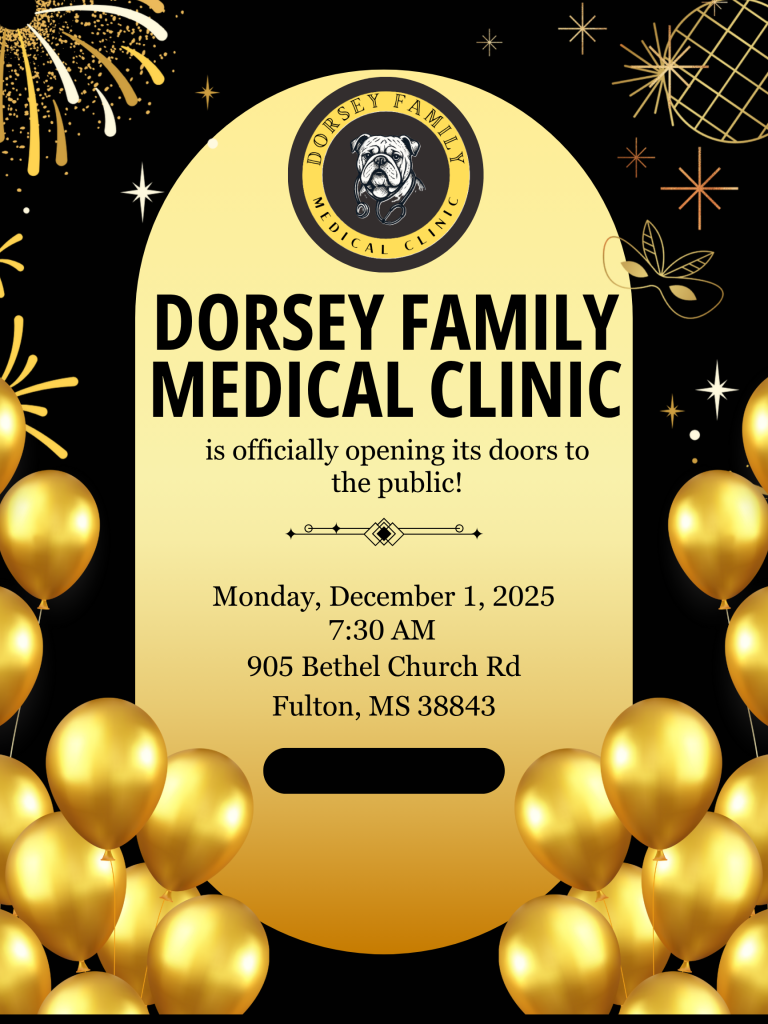
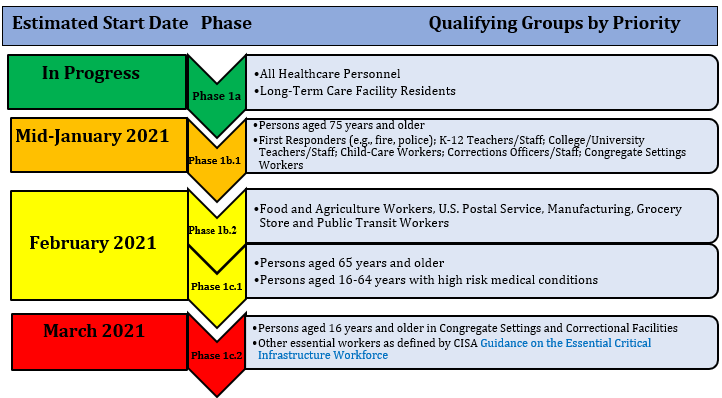
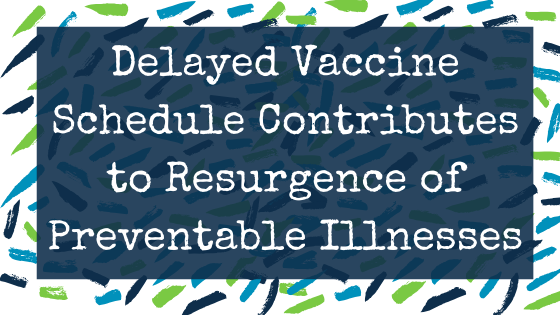

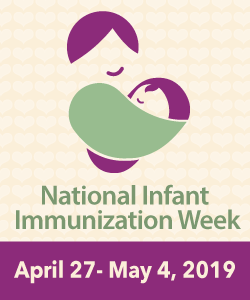

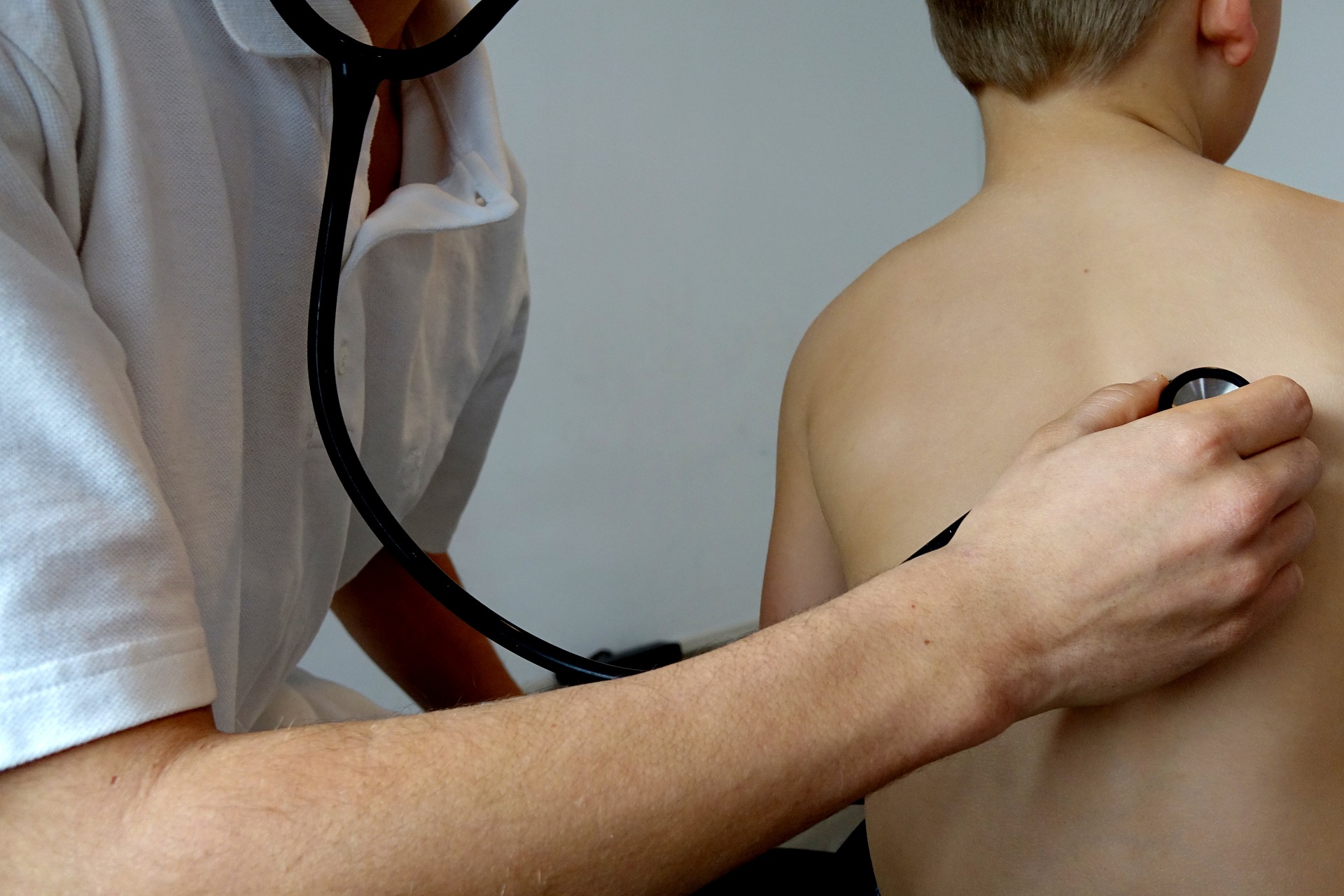 Pneumonia is an infection that inflames the air sacs in one or both lungs. Often the inflammation causes the air sacs to fill with fluid making breathing difficult. Viruses, bacteria, or fungi can all cause pneumonia. Symptoms often include:
Pneumonia is an infection that inflames the air sacs in one or both lungs. Often the inflammation causes the air sacs to fill with fluid making breathing difficult. Viruses, bacteria, or fungi can all cause pneumonia. Symptoms often include:
